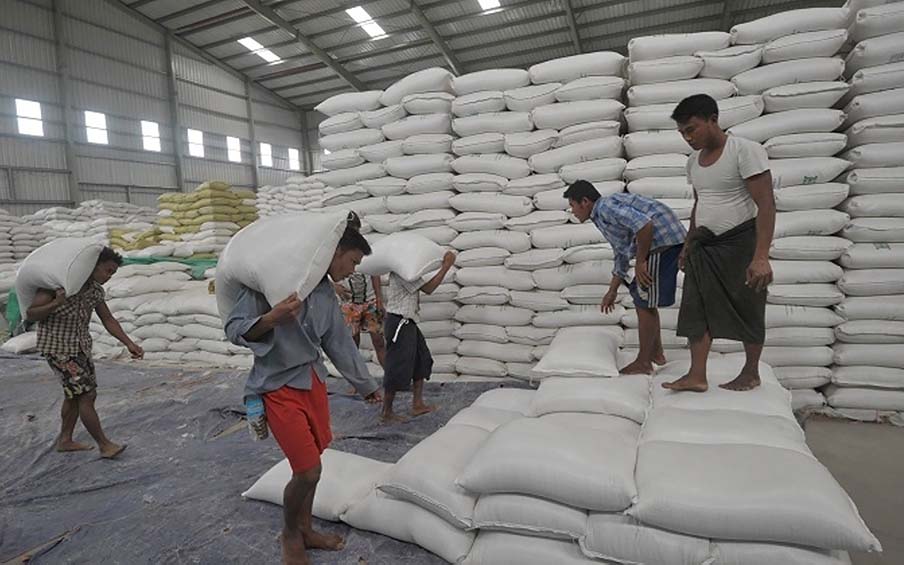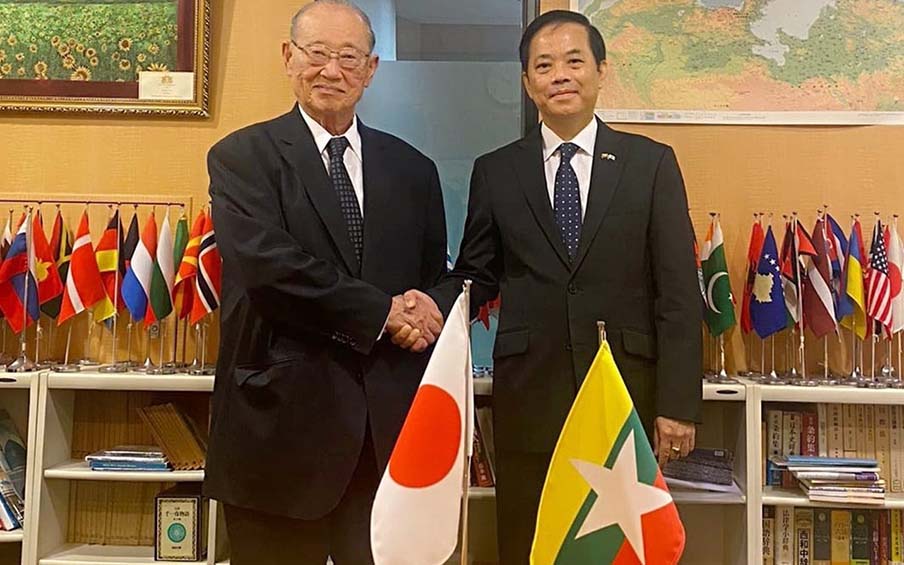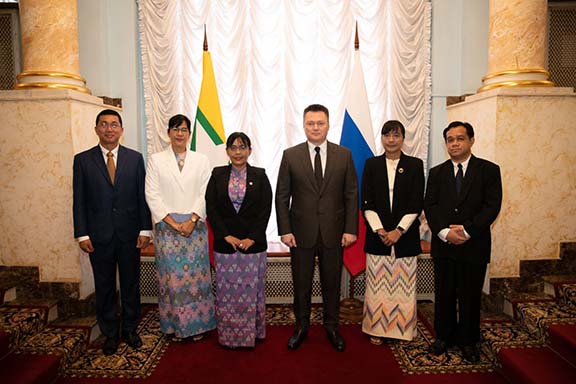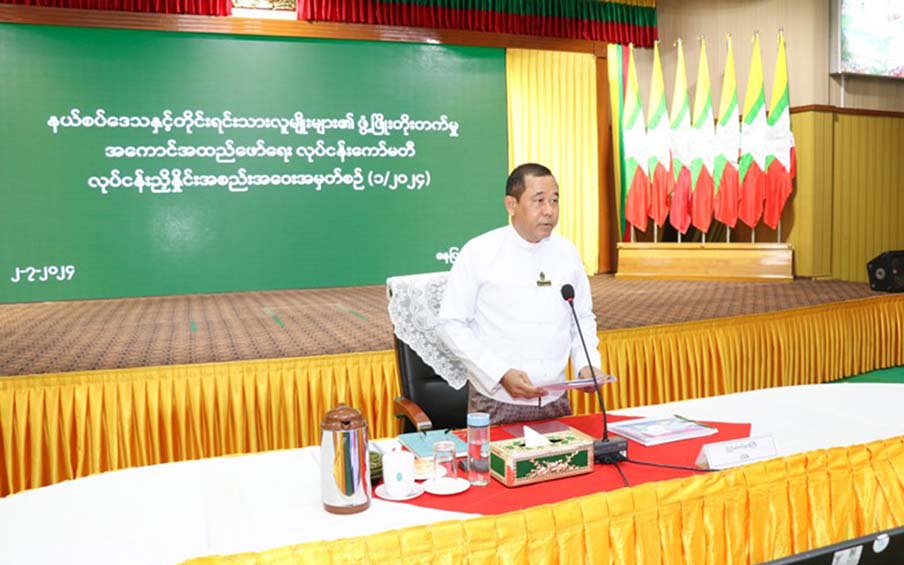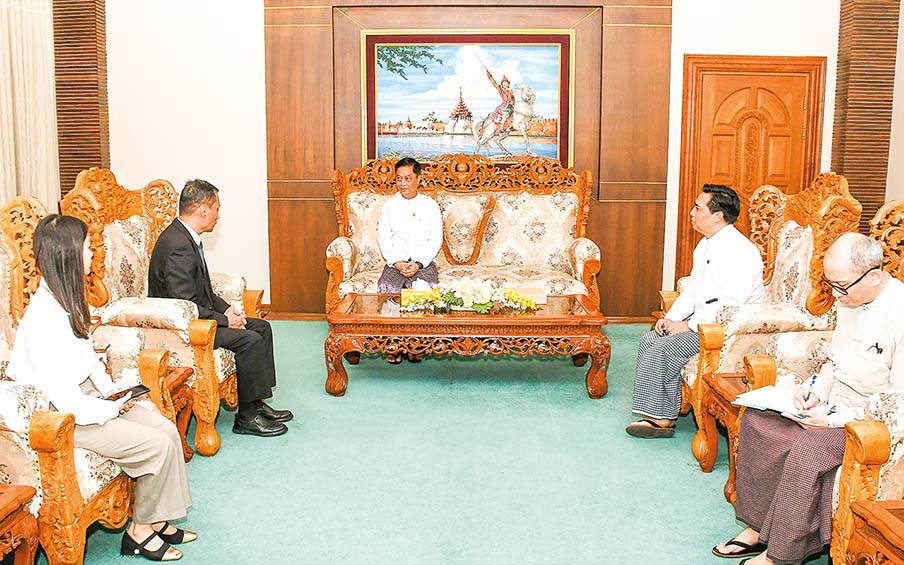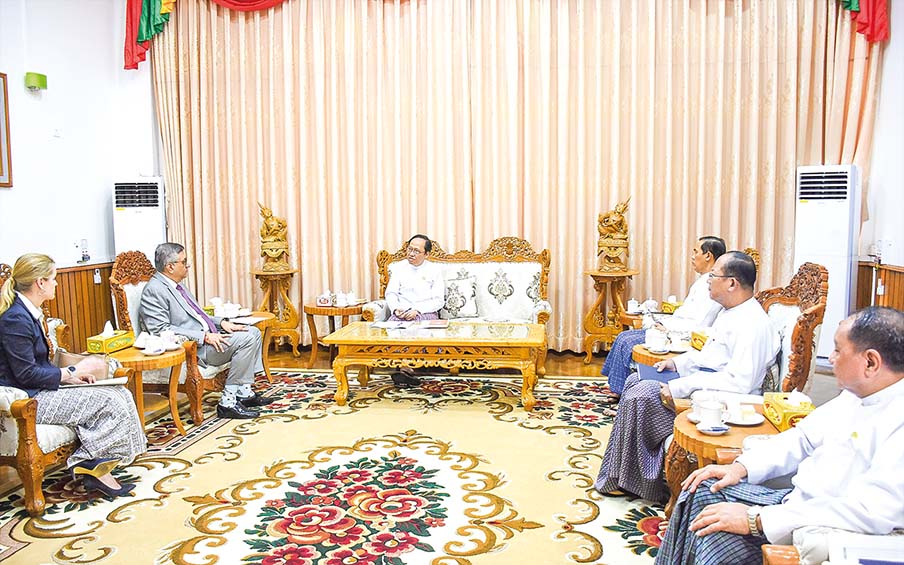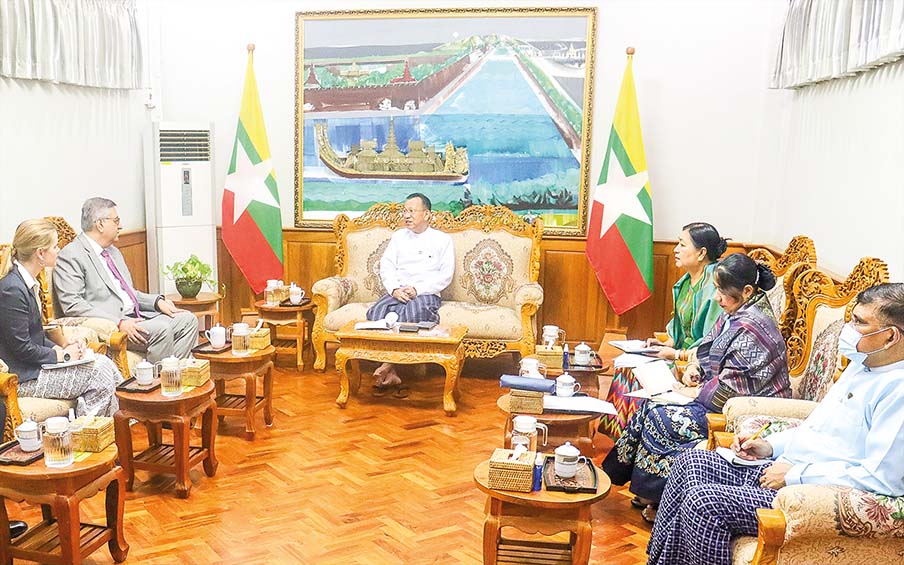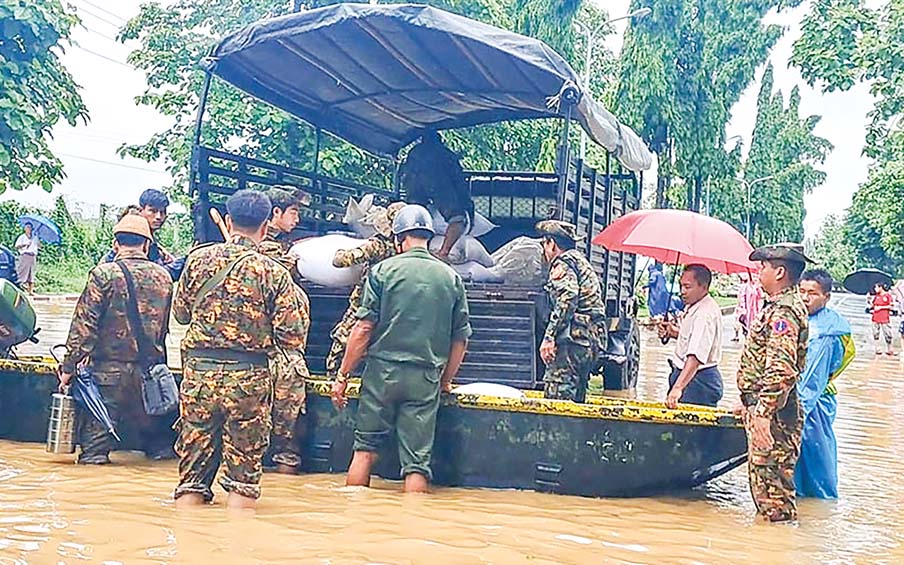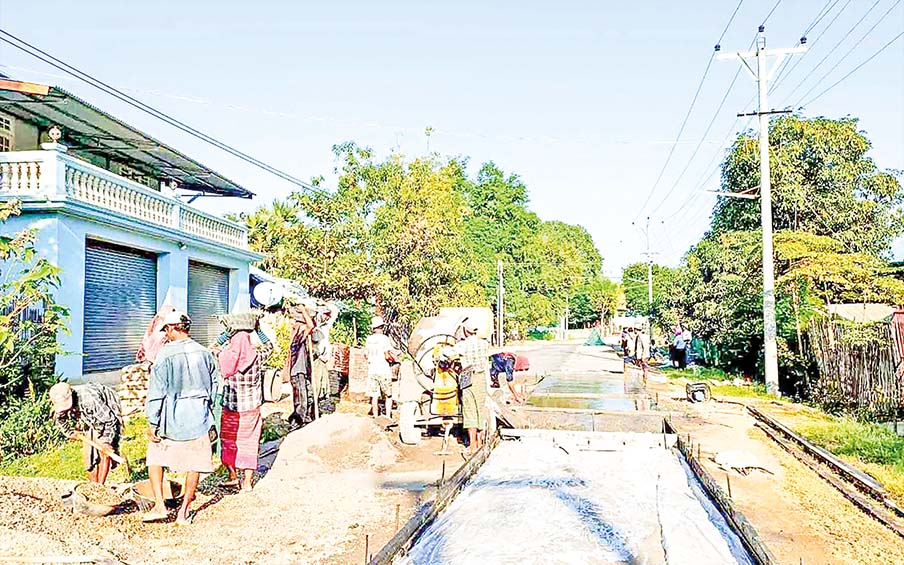With high consumption of single-use products, including plastic bottles, straws, plates, cutlery and drink stirrers, and slash, our country is facing environmental, and health problem stemmed from plastic.
Plastic pours into our sea, rivers, creeks and drains. The flood of trash is killing fish, turtles, seals, coral and birds, and getting into the seafood people eat. If no action is taken over the coming decade, it stands to increase tenfold.
We need a plastic waste management system, and it is a step urgently needed from every town.
Myanmar is gifted with beautiful natural scenery, but careless littering has blemished that beauty with plastic. Not all people have been idle in the face of this issue. We have seen news of members of the public and organizations partnering up to clear back alleys of rubbish and transform them into recreational areas and volunteers clearing drains, sewage canals, parks, and other public properties of litter.
To tackle the plastic waste issue in our country, public participation is paramount. We can implement a flawless waste management system, but if not everyone is adhering to it, then we won’t see the results we wish for.
The problem is there are simply more people who are indifferent to littering and continue to practice it than those who care for environmental cleanliness. Thus, the efforts of the few are swiftly clouded by the carelessness of the majority, and our cities, villages, and settlements continue to be dominated by plastic waste.
To tackle the plastic waste issue in our country, public participation is paramount. We can implement a flawless waste management system, but if not everyone is adhering to it, then we won’t see the results we wish for.
Our neighbours in Thailand and Bangladesh have put certain restrictions to reduce plastic production and are encouraging recycling to lower its impact on the natural environment. But plastic touches almost every aspect of our lives: from the bag we use to carry groceries to the covers we put our smartphones in. Only a small percentage of this plastic gets recycled, and the rest is still being dumped in nature.
There is only so much officials can do. It is up to businesses to be more accountable for plastic production and citizens to reduce their reliance on plastic. But, the most important thing everyone can do now is to stop littering and put garbage where it belongs — in the dustbin.

